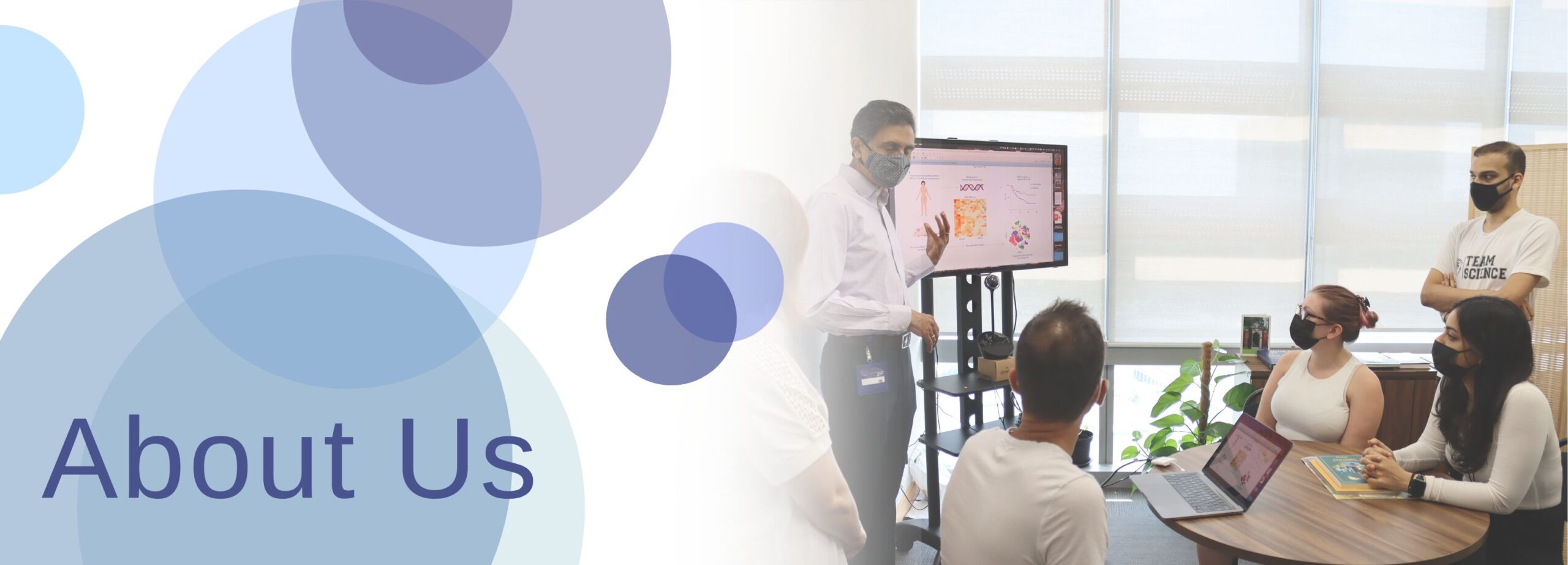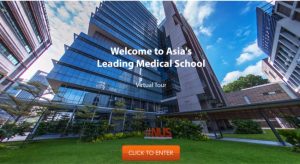
Director's Foreword

Professor
Ashok Venkitaraman
Director, Cancer Science Institute of Singapore
Distinguished Professor of Medicine, Yong Loo Lin School of Medicine, NUS
Director, NUS Center for Cancer Research
Welcome to the Cancer Science Institute (CSI) of Singapore!
We are one of five Research Centers of Excellence established by the Government of Singapore. Our purpose-built research institute is hosted by the National University of Singapore, a globally leading, research-intensive University. Located steps away from the National University Hospital, we work in close partnership with the National University Cancer Institute, Singapore (NCIS), a major healthcare provider prominent in the care of cancer patients. Through our local and global partnerships, the Cancer Science Institute of Singapore works with leading minds from multiple scientific and clinical disciplines, and benefits from access to cutting-edge facilities.
We stand at the cusp of a transformational period in fundamental, translational and clinical research on cancer – what I call ‘the end of the beginning’ for cancer research. The past two decades have witnessed a revolution in our understanding of the fundamental biology of cancer cells. This revolution has been brought about by the tireless efforts of a global community of researchers. The 200 faculty, research staff and students who work at the Cancer Science Institute of Singapore are proud to be active members of this vibrant global community, and to have made significant contributions in reaching ‘the end of the beginning’.
To cite just a few examples, research in the Cancer Science Institute of Singapore has mapped the genomic changes that underlie different forms of cancer prevalent in Singapore and elsewhere in Asia, including nasopharyngeal carcinoma, oesophageal and gastric cancers; unlocked how changes in the expression and editing of RNA species contributes to the progression of liver or gastric cancers; identified new molecular targets for cancer therapy, including the oncofetal protein SALL4 in liver cancer, or the BCL6 protein in brain cancer; and explained how drugs that disrupt histone methylation kill leukemic cancer cells.
Many major challenges remain. Our research now seeks to advance understanding of the molecular and cellular mechanisms that trigger cancer evolution in different human tissues, and to apply this new knowledge for the benefit of cancer patients through improvements in cancer detection, treatment, and eventually, prevention. You will see that our research spans a variety of approaches, and deploys many cutting-edge technologies in the biological, computational, physicochemical and engineering sciences.
We aim to attract and train the best researchers from across the world to work with us, to foster strong collaborations with colleagues in Singapore and globally, and to inform and educate cancer patients, and the general public about cancer as a disease. Our annual Frontiers in Cancer Science conference has grown to be a major international forum for sharing the latest advances in many areas of cancer research.
I encourage you, therefore, to browse our website to find out more about the research we do, the impact we have and how you – whether a researcher, clinician, student, cancer patient or layperson – can work with us to achieve our goal of accelerating ‘the beginning of the end’ for cancer.


